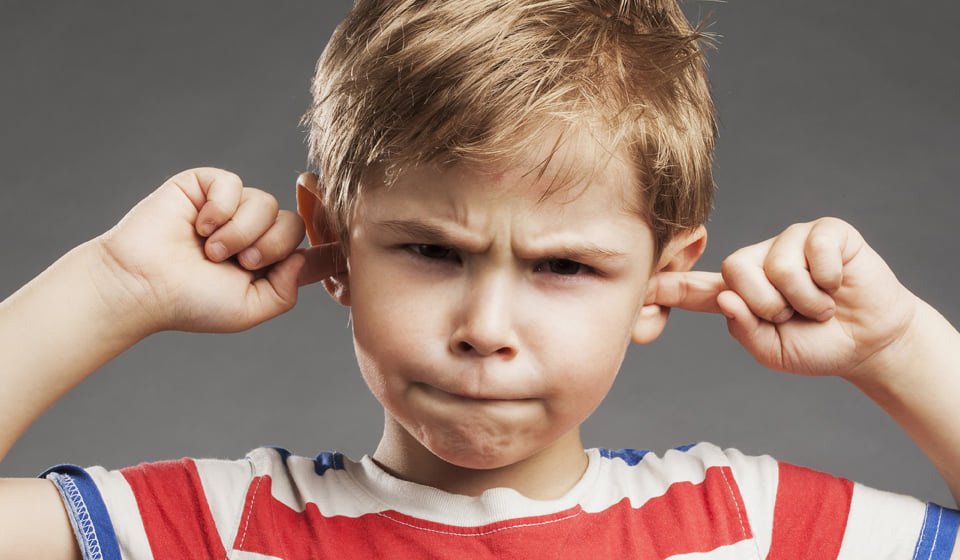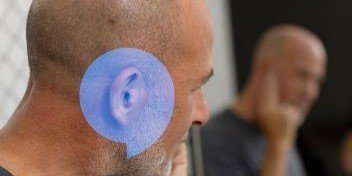Ear popping is a hearing phenomenon that happens as we go about our daily lives, but we often experience it when on an aeroplane or going through a tunnel on a train. Read on to find out why our ears pop and whether you should consider having a hearing test.
The cause
Most of us have experienced ear popping when we’ve been on a plane or train, and it’s due to air pressure. There’s a tiny air pocket in your ear which is the same pressure as the air outside your ear. This helps you hear more clearly. When the air pressure changes around you lowers, you can feel the pocket of air pushing against your eardrum. Your ear has a small tube (called the Eustachian tube) which helps to equalise the pressure inside your ear. The Eustachian tube levels out the pressure from the inside and outside of your ear. And when the pressure is equalised, you’ll often hear a small ‘pop’.
On a plane
When there’s an altitude change, such as in an aeroplane, the change in air pressure can be felt quite strongly in your ears. Although an aircraft’s cabin is pressurised, during take-off and landing, the sudden change in altitude means a more extreme change in air pressure than usual, causing a pop in your ears.
On a train
When you’re on a train going through a tunnel, the air pressure can also be felt in your ears. Unlike the change in altitude on a plane making your ears pop, a train going through a tunnel causes all of the air in the tunnel to be squeezed in front of the train. This, in turn, causes higher air pressure in the carriages, causing you to feel the pressure change in your ears.
Sometimes, you will feel the change in air pressure, but your ears will not pop. A common way to help your ears along is to pinch the nose closed and close the mouth, then try swallowing. Having a mouthful of water may make it a little easier.
Other instances
There are other instances where your ears might pop, apart from air pressure changes. In some cases, there can be a problem with the Eustachian tube within the middle/inner ear. It could be that your Eustachian tube has become blocked or inflamed. A common cold, allergies or sinus infections can cause a blocked Eustachian tube. In these cases, your ears might pop when yawning or chewing, or they might clear on their own once the infection has gone.
It can be worthwhile having your hearing checked if you think you have a blockage in your ear. If you’re concerned about your hearing, book an appointment or find your local Hidden Hearing Centre online today.





